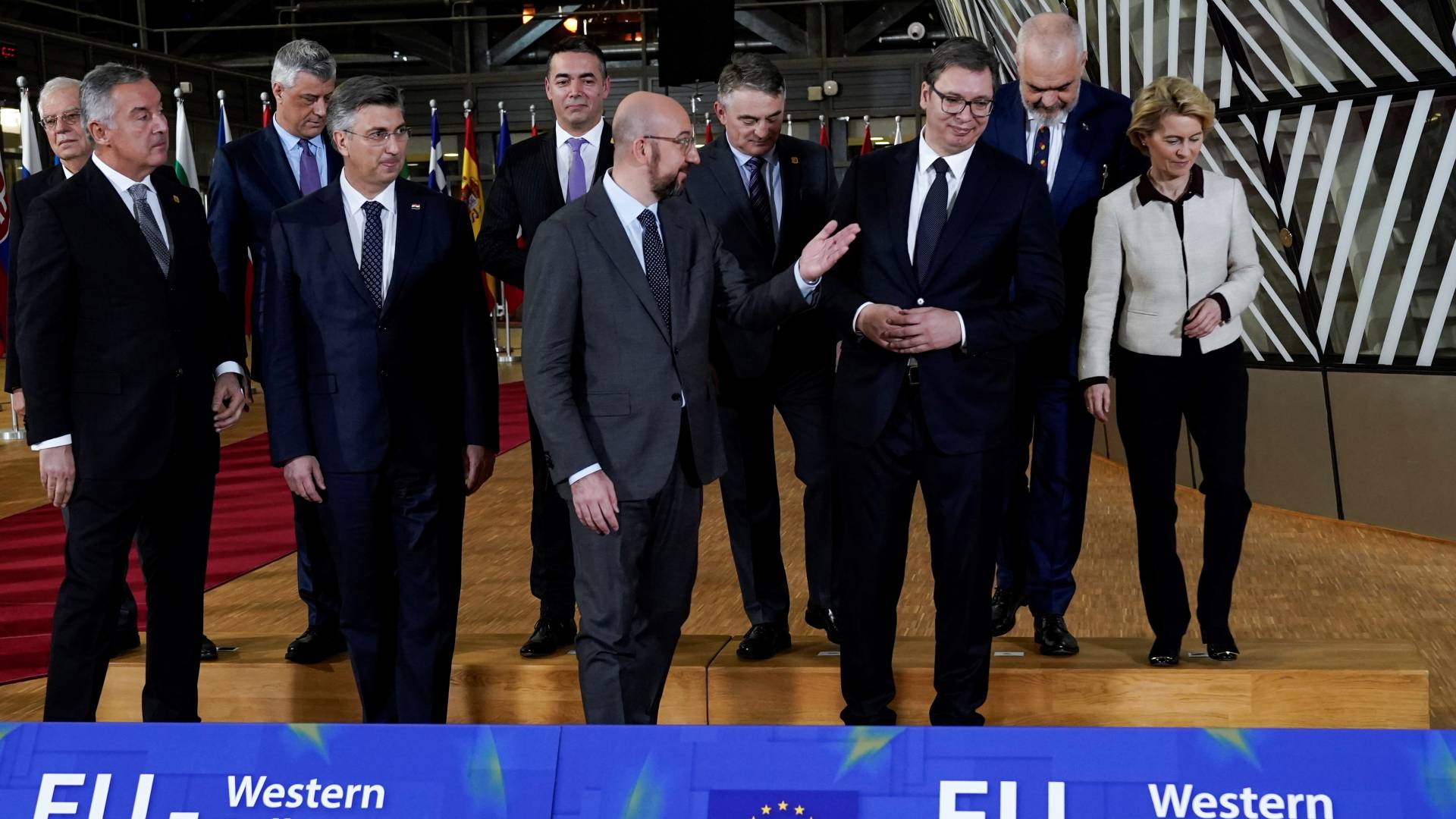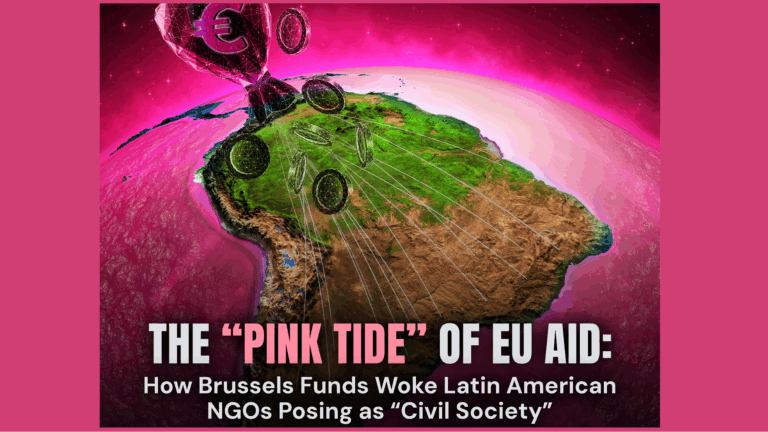After several months of suspension, the dialogue between Serbia and Kosovo can finally get a fresh restart. 27 February marks the day when Serbian President Aleksandar Vučić and Kosovo Prime Minister Albin Kurti, mediated by the EU, reopened their case at the negotiating table in Brussels. High Representative of the Union for Foreign Affairs and Security Policy Josep Borrell and EU Special Representative for the Belgrade-Pristina Dialogue Miroslav Lajčák were also present as mediators.
Monday’s meeting is part of a series of negotiations also known as the ‘Belgrade-Pristina dialogue’. It focuses on a document entitled ‘Agreement on the path to normalisation between Kosovo and Serbia’. At the moment, this is a draft agreement that, in its finalised form, can serve as a pledge for both parties to peacefully join the European Union.
It should be noted that for the draft agreement to become binding between the parties, most of the concessions must be made by Serbia, a state officially recognised by the international community.
The biggest gesture, of course, would be Belgrade’s unconditional recognition of Kosovo’s statehood. Although this does not appear explicitly in the text of the contract, there are many signs that the expectations towards Belgrade are to do just that. The draft agreement uploaded to the European External Action Service (EEAS) website
contains several provisions that result in the de facto recognition of Kosovo’s statehood.
One of them is Article 2 of the proposal, according to which ‘both Parties will be guided by the aims and principles laid down in the United Nations Charter, especially those of the sovereign equality of all States, respect for their independence, autonomy and territorial integrity, the right of self-determination, the protection of human rights, and non-discrimination.’
Similarly, Article 4 of the draft points in the direction of Kosovo’s much-desired sovereignty, reading “neither Party will block, nor encourage others to block, the other Party’s progress in their respective EU path based on their own merits.’
Kosovo declared independence from Serbia in 2008 after the 1998–1999 war. Since then, recognising Kosovo as a sovereign state is deemed as a red line by Belgrade; instead, Belgrade considers Kosovo a province. Tensions have simmered since, and while both sides committed to an EU-facilitated dialogue process in 2013, little progress has been made.
It should be noted that Serbia’s recognition of Kosovo’s statehood only solves part of the problem. Five EU countries—Spain, Slovakia, Cyprus, Romania, and Greece—have also refused to formally recognise Kosovo’s independence. Each of the respective EU member states has its own key political interest to protect in this regard.
All in all, the European public view the developments as progress rather than breakthrough. In principle, the two parties support the proposal. This is definitely forward-looking since the draft requires the parties to resolve their disagreements first and foremost peacefully, while
it also contains commitments that Belgrade and Pristina will support each other on the path to EU membership.
In addition, the draft would ensure a sufficient degree of autonomy for the Serbian minorities living in the territory of Kosovo.
A significant result of the negotiations is that Kosovo and Serbia will exchange Permanent Missions according to the proposal. Until now, they have apparently lacked mutual diplomatic representation.








